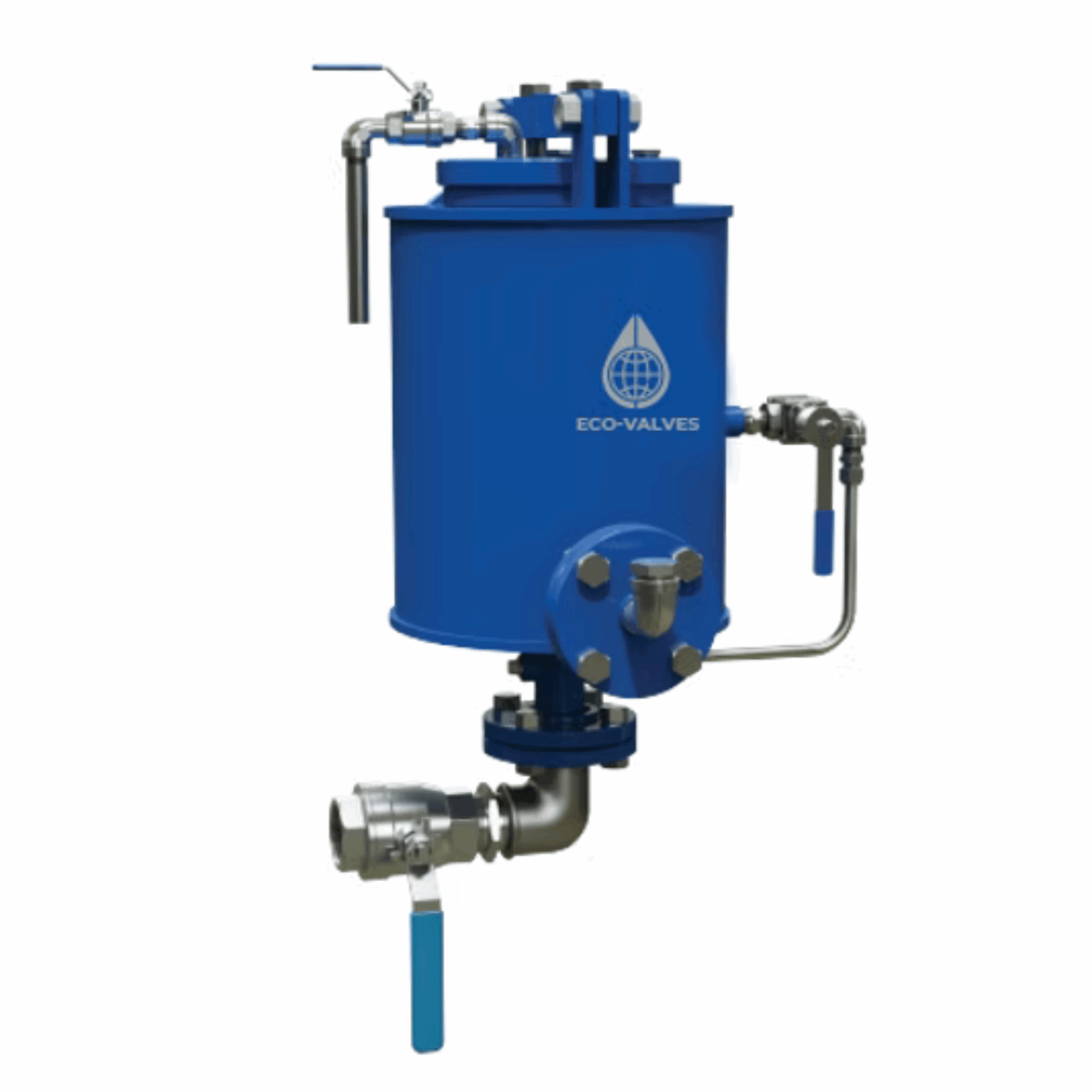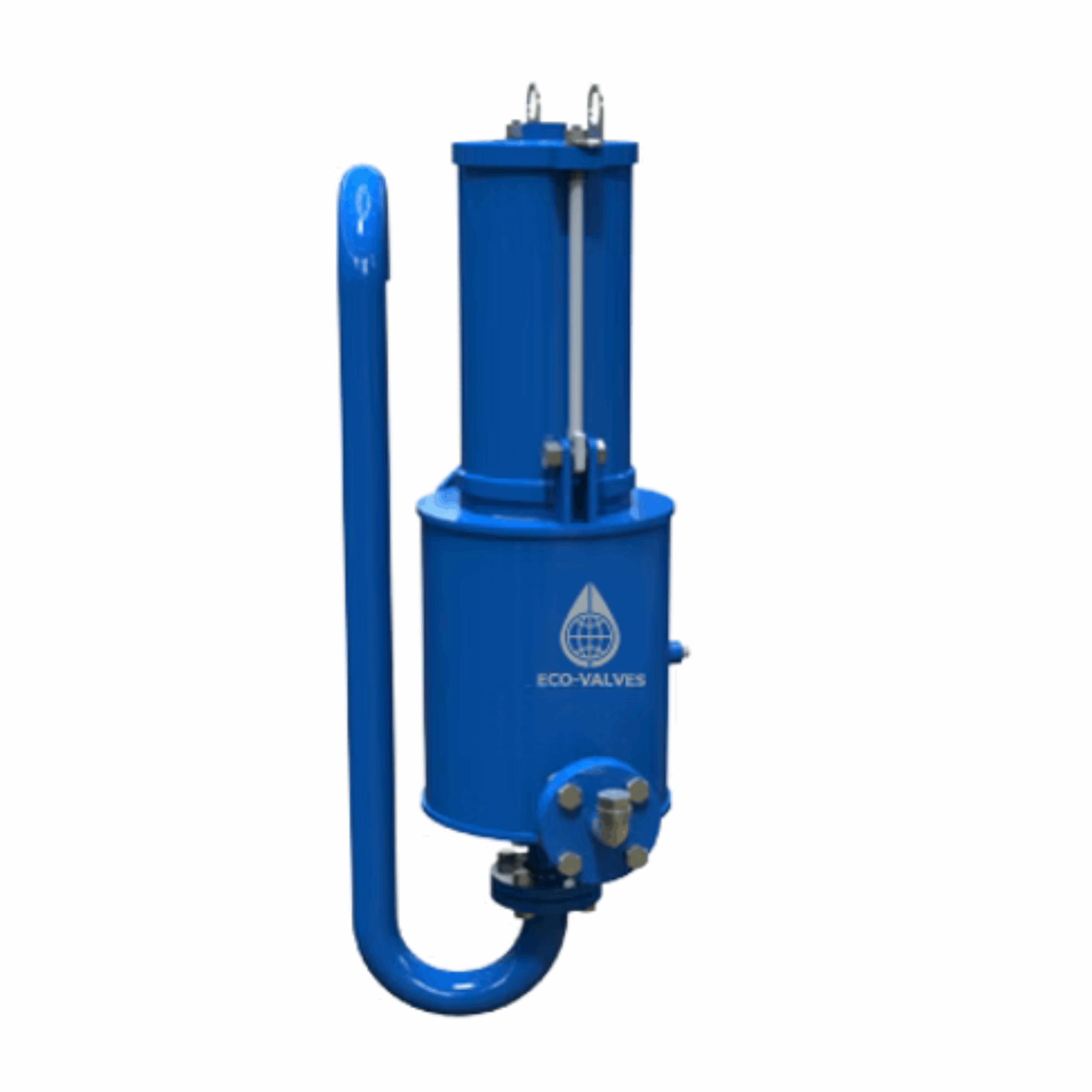Products & Services

Hydrocarbon Shut-off Valves
The TOO and TOR hydrocarbon isolation valves are designed to automatically separate water from hydrocarbons in tanks, preventing any product spillage onto the ground.
Storage Tank Mechanical EquipmentAnti-Pollution Solutions


They close instantly upon contact with the stored product, thereby eliminating the risk of pollution and product loss.
TOR model: for the evacuation of rainwater accumulated on floating roofs. TOO model: for the automatic draining of water at the bottom of tanks.
Benefits
- Enhanced safety: reduces the risk of hydrocarbon spills and vapor exposure
- Targeted water drainage without loss of stored product
- Eliminates operator contact with the product
- No external power required
- Low maintenance and long service life
- Optimizes storage space (TOO model)
- Protects the floating roof from corrosion and prevents sinking (TOR model)
Avantages
Installation
TOR: installed on the floating roof drain nozzle to evacuate rainwater.
TOO: installed on the tank bottom purge nozzle to automatically drain settled water.
Standard connection via 4” ANSI #150 RF flange (B16.5 standard). Simple and quick installation without the need for external control systems.
Technology
- Both models operate without electricity.
- Based on product density, an internal float allows water to pass and closes immediately upon contact with hydrocarbons.
- An integrated strainer ensures tightness and blocks contaminants.
- An anti-vortex system optimizes the drainage flow without disruption.
Testability
- Trigger tests can be performed by simulating hydrocarbon entry.
- Simplified maintenance thanks to easy access to internal components.
Options
- TOO: Possibility to reinject the stored product from the valve directly back into the tank via a pump.
- TOO: Option for a visual indicator of the float position.
- TOR: Option for valve status feedback in the control room.
- TOR: Available with valve insulation (heat tracing).
Certifications
- No certification
Key information
- Type of installation (roof drain or tank bottom)
- Type of stored product
- Tank dimensions and connection type
- Objectives (roof protection, storage optimization, etc.)
- Weather information
